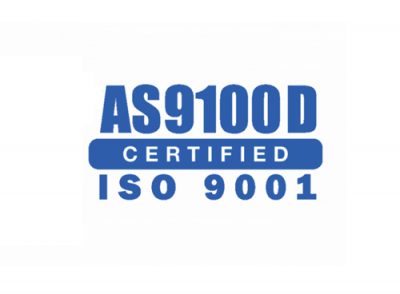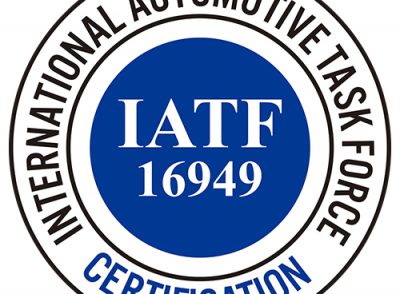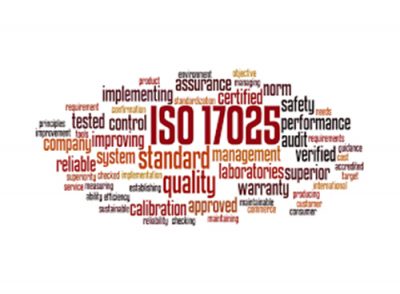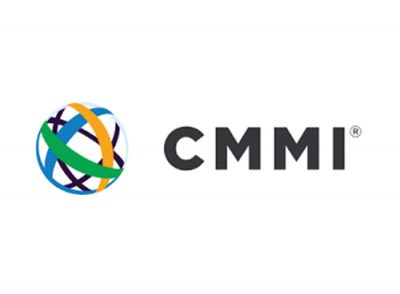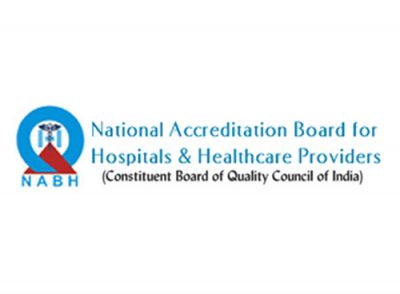“Achieving consistent quality, productivity, efficiency and customer satisfaction”
Many enterprises fail to understand the reason why implementing a Quality Management System is important and is an investment worth making. Having a strong QMS streamlines the processes within the company to improve management and boost productivity. Implementing QMS adds real value as the benefits surpass any costs.
Along with customer satisfaction, this system helps ensure organizational effectiveness, orderly documentation and improves team engagement as well as identifies areas for training.
As we track history, we can see that quality came into prime focus during the Industrial Revolution of 1760.
This is when merchants, manufacturers, labourers, craftsmen and others started forming guilds, similar to modern-day workers’ unions. These guilds were the first indication of organized working culture, which thrived on uniform guidelines and streamlined production.
Since then, the standards have evolved and transformed to encompass the changing needs of the businesses.
It was only in the early 21st century, that official standards of Quality Management Systems (QMS) began to emerge. QMS essentially focused on themes of sustainability and transparency, which are critical for any business today. These concepts are important for customer satisfaction and business continuity.

Contact
- B-6 Sun Star Complex Ahmedabad, Gujarat, INDIA
- +91 987 909 1079
- sales@zeroconsulting.in
What is the Quality Management System (QMS) ?
A quality management system (QMS) is a collection of business processes, documentation, procedures, policies and strategies, aimed at business continuity and enhanced customer satisfaction as well as targeted growth. The system incorporates requirements of the regulatory standards of quality management.
Implementing QMS is a meticulous process, where a company must amend its plans, philosophy and operations to meet the needs of the standard.
However, this is not to say that the standard dictates what your business philosophy or practices must be. QMS is flexible and essentially provides a set of guidelines on a global scale that a company should adhere to.
Once implemented, an enterprise also has to keep reviewing and maintaining the system. In case revised standards are introduced, the companies usually need to upgrade to them.
Need for Quality Management System (QMS)
QMS is an effective way to enhance productivity and customer satisfaction over the years, for any organization. This system calls for mitigation of integrated procedures, processes, documents and responsibilities aimed at achieving quality policies and objectives. QMS is applied at every step, from planning to execution, in the core business area of an organization.
It includes a set of rules in line with international standards, aimed at consistent customer satisfaction while adapting to changing market environments. With QMS, an enterprise can direct and organize activities to meet regulatory requirements and also customers’ needs.
When a company implements QMS it affects the business at every level. Some of the potential benefits of having a set quality management framework include:
- Helps to reduce waste and minimize mistakes
- Addresses risks and opportunities associated with its context and objectives
- Makes operations cost and resource-efficient, increasing room for profits and potential growth
- Helps to engage employees and identify opportunities for training and upskilling
The better process leads to improved performance and in-turn, greater customer satisfaction. This goes to build the company’s confidence, which leads to the exploration of potential markets and extending customer reach.

Experience
Consulting experience of more than 12+ years

Expertise
Consulting team with domain-specific expertise

Positive Reviews
Large satisfied global cliental base

Consulting
Offering end to end consulting solutions


